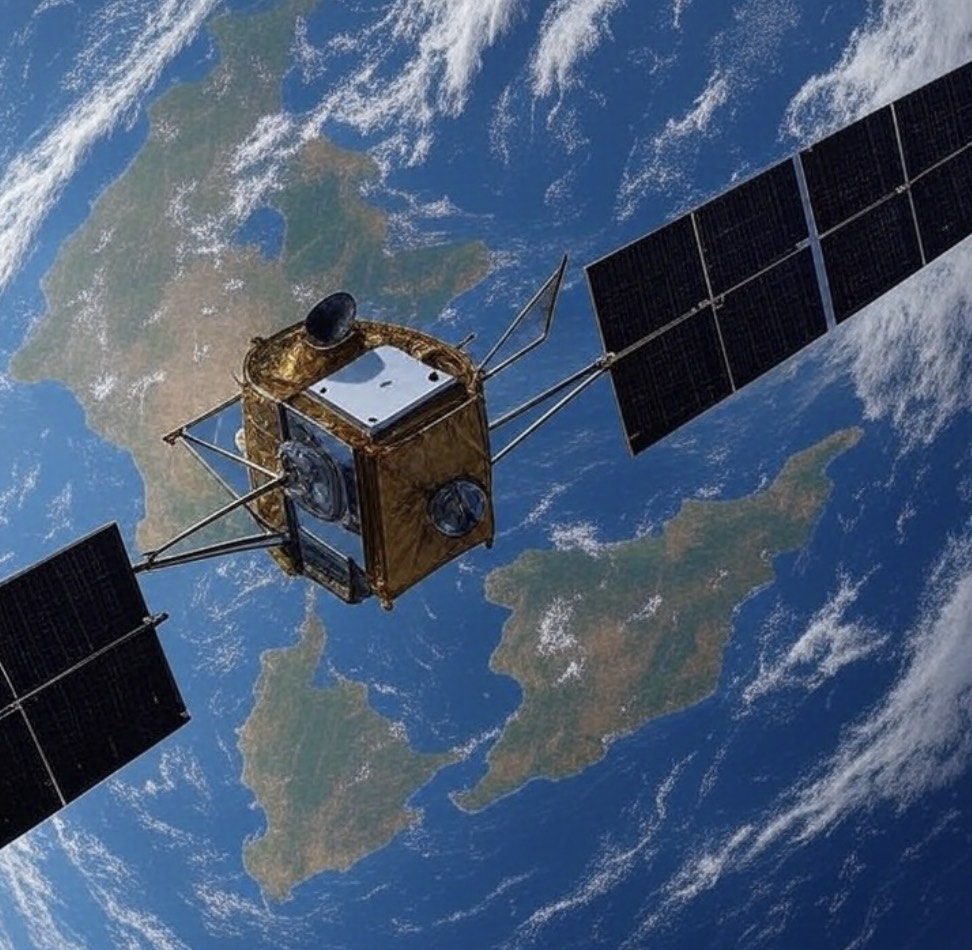


IRIS², a €10.5 billion project to build a sovereign, multi-orbit satellite constellation, is touted as the continent’s answer to SpaceX’s Starshield and Amazon’s Kuiper. The scheme is supposed to deliver secure broadband communications and surveillance services by 2027, offering a blend of civilian connectivity and military resilience.
For once, the EU seems to grasp that space is not just a scientific playground but a frontline of geopolitical rivalry. The Covid pandemic exposed Europe’s reliance on foreign supply chains; the war in Ukraine reminded leaders that infrastructure as basic as satellite links could decide a battlefield. When Elon Musk’s Starlink provided Ukrainian troops with instant secure communications in 2022, Brussels had no indigenous alternative. IRIS² is meant to ensure that never happens again.
The ambition is undeniable. The constellation will combine satellites in low Earth orbit (LEO), medium orbit, and geostationary slots, ensuring redundancy and broad coverage. From remote mountain villages to naval task forces in the Mediterranean, the promise is uninterrupted secure data. European officials boast that the system will serve governments and citizens alike, a “public good” rather than just a military toy. In theory, the signal will be both secure enough for defence ministries and cheap enough for households in rural Spain or Bulgaria.
But the hurdles are considerable. SpaceX already has more than 6,000 satellites in orbit, with Musk eyeing tens of thousands more. Europe, by contrast, is still at the design stage. Delays and cost overruns are already whispered about in Brussels corridors. Even if the system goes live by 2027, it will be a minnow compared to the American leviathan. And then there is China’s rapidly expanding Guowang constellation, set to cement Beijing’s dominance in its neighbourhood and beyond.
There is also the awkward reality of European industry. Contracts have been divided between the usual aerospace giants — Airbus, Thales Alenia Space, and OHB — alongside a handful of newer players. The hope is to spur innovation, but critics warn that Brussels is simply padding the wallets of its favourite champions. More worrying still, Europe’s launch capacity remains in disarray. Ariane 6, the flagship rocket, has been repeatedly delayed. Without reliable access to orbit, IRIS² risks becoming another white-paper exercise rather than a functioning system.
Still, there are reasons to take the project seriously. The EU’s budget commitment is substantial, and the political will appears stronger than in past half-hearted ventures. Ursula von der Leyen has framed the programme as integral to “strategic autonomy” — Brussels jargon for reducing dependence on Washington. With NATO’s future uncertain with Donald Trump’s return to the White House, the appetite for sovereign European capabilities is only growing.
For Europe’s militaries, the stakes are high. Secure satellite links underpin modern command and control, from submarines under the Arctic ice to special forces in Africa. At present, many EU states lean heavily on US assets, leaving them vulnerable to political whim. A functioning IRIS² would not eliminate that dependence, but it would give Europe a stronger fallback. For civilian life, too, the benefits are obvious. Farmers in rural Poland or schoolchildren in the Greek islands would enjoy broadband access previously unimaginable.
Yet scepticism lingers. Brussels has a habit of over-promising on grandiose projects, whether in defence, energy, or digital infrastructure. Eurofighter, Galileo, and even the energy market unification have all stumbled on cost, politics, and turf wars. IRIS² could easily become another slow-motion saga of delays, disputes, and spiralling budgets. The difference, this time, is that Europe’s rivals are not standing still. America and China are racing ahead.
Ultimately, IRIS² is not really about broadband. It is about power — the ability of Europe to project resilience and independence in a world where space is contested ground. If the EU can deliver, the programme could mark a turning point in Europe’s emergence as a serious player in the new space race. If it fails, it will be another reminder that Brussels, for all its ambition, remains hamstrung by bureaucracy and division.
The next two years will be critical. By 2027, Europe must show not just that it can design and fund such a system, but that it can actually launch and operate it. The prize is considerable: a Europe less reliant on Musk, less beholden to Washington, and more confident in its own technological muscle. But as history shows, for Brussels the gap between aspiration and reality is often the size of an orbit.